I think what is being offered at Pao School is really unique, I don’t know any school that offers something quite like it.
——John,
Y9 Tyler and Y6 Evelyn's dad
Forging a New Path
For parents, it can be hard to choose the right school for their child, there are lots of things to consider such as curriculum and hopes for the future. These were amongst the considerations that John, Pao Parent, took when his family moved from Taipei to Shanghai and he had to find a new school for his children – Tyler (Y9), who joined in 2020, and Evelyn, who transferred into the school this year (Y6).
Though the family has roots in China, the students were previously more accustomed to studying at international schools. In the end, the family chose to join Pao School for the rigour of the curriculum, Mandarin language immersion, and to be better immersed in both Chinese and international cultures. This is especially important as, in the future, the children may want to work or live in China – especially as it is becoming more of an economic powerhouse year on year. In this way, Pao School’s balance of Chinese and international education can provide his children with more choices in the future, John feels.
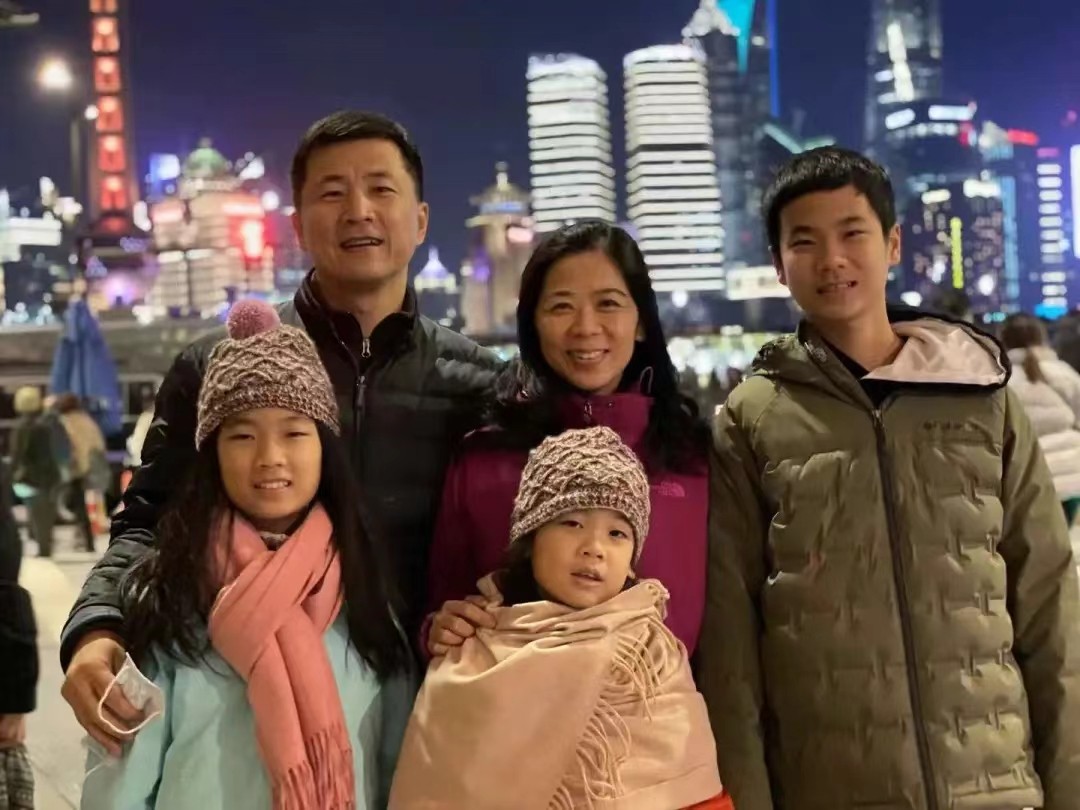
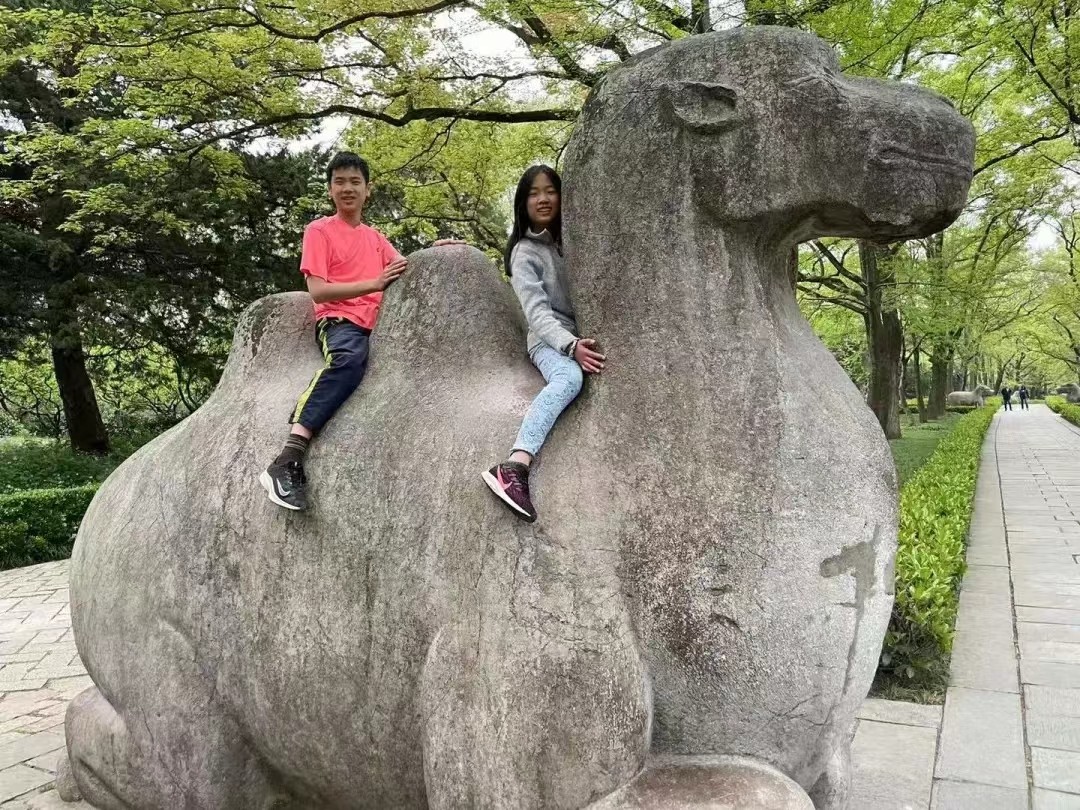
John's family
“They can really get the best of their experience in China by being in a Chinese education programme,” says John. However, without a programme such as Pathway, this type of education may not have been accessible to the children due to the language barrier and differences between the curriculum they had previously followed. The smaller class sizes allow students to get the same Chinese education, while at the same time working to improve their bilingual skills and get more exposure to Chinese culture. This blend of rigor in the curriculum, with a focus on Chinese as a learning language for other subjects such as maths and science, is something that deeply impressed John’s family, he explains, “I think what is being offered at Pao School is really unique, I don’t know any school that offers something quite like it.”
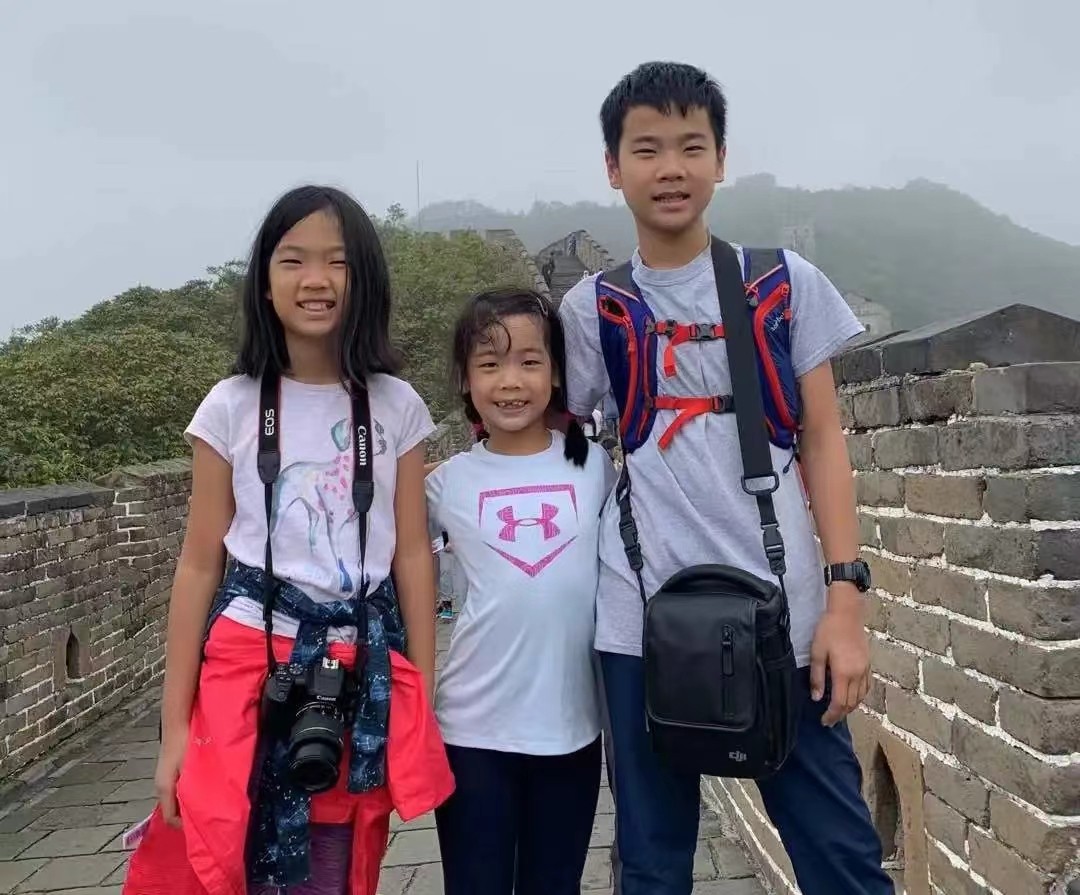
John's family
For John’s child Evelyn, though she had studied a little Mandarin before, her previous Chinese reading and writing skills were focused on traditional characters – meaning that she had to quickly adapt to the new writing system. But John explains that the teacher has been very “tolerant” and allowed Evelyn to start off using either system, or even just the occasional English word in her work. In this way, Evelyn has been able to gradually adapt and become more proficient in her Chinese reading and writing.
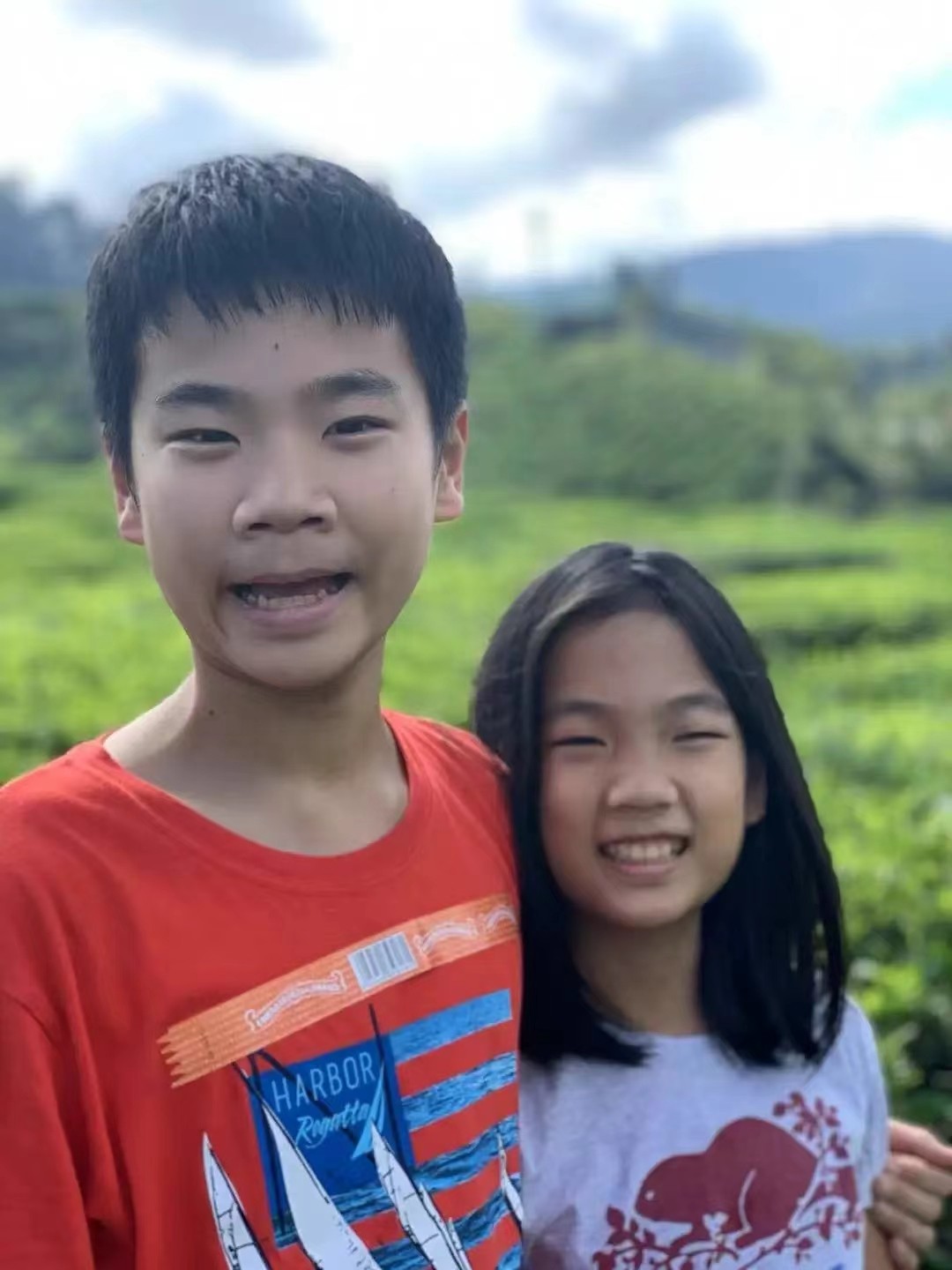
John's family
Evelyn (Y6), John’s daughter, is part of the Pathway programme in Chinese and Maths. She says that the programme has helped her in keeping up with the challenging curriculum whilst simultaneously improving her Chinese. This has been particularly important, as her previous school had limited focus on Chinese language. She explains, “It’s easier to read and write Chinese now in comparison to when I first came to Pao school. When I first came, I had trouble saying a sentence in Chinese without an additional one or two English words. Now, that problem is almost gone.”
Alongside adapting to the curriculum, transferring into the school has its own challenges, but Evelyn says that she received a lot of help when she first arrived, saying, “Everybody has been really nice, and the teachers are great as well. On the first day of school, everybody was very helpful; they tried including me in on activities and my buddy was always there when I needed it the most.” she explains. Now, with this support and help from the school community, Evelyn has settled into the school well.
Creating a Bridge
Middle School’s Pathway Programme was introduced in the 2018-2019 school year. The programme was started to give students from non-native Chinese families a chance to develop their language skills and bridge into Pao School’s diverse environment. At Pao School’s Primary School, the students are welcomed into a multicultural environment, giving them the language skills needed to study subjects taught in both languages. However, for students transferring into the school who had previously studied primarily in English and may face challenges adapting, Pathways provides the stepping-stone needed to transition to bilingualism at Pao School, while at the same time building a strong foundation in Chinese language skills.
When teaching Pathway classes, both teaching strategies and assessment criteria are different from those in classes for Chinese native speakers, explains Julie Wang, Pathway Chinese Teacher. The curriculum is adapted from the Chinese native speaker classes to fit the language ability and cultural background of the Pathway students. For example, during the unit "Folk Customs and Folklore" this year, the Chinese students studied a number of essays, novels and poems representative of Chinese culture. In the end, the students were given a writing assignment: "Describe a hometown custom experience.”

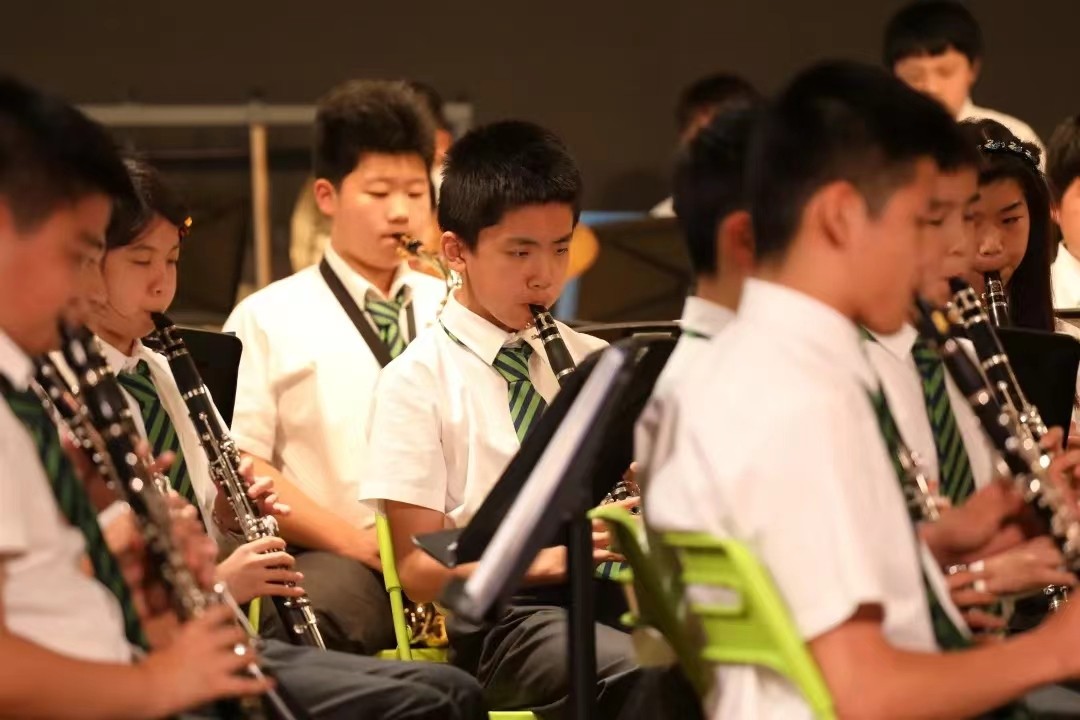
In the Pathway class, the students followed similar topics, and were then given a modified final task – they were asked to introduce a folk activity from their own country or region. This allowed students from the Netherlands, France, and Singapore to explain the origin and meaning of local folk customs from their own cultures. In addition, the assessment requirements for the students were adapted to fit their relative abilities.
Ms. Wang agrees that students can really see the benefits of Pathway classes. As a Year 6 student wrote recently, in a farewell letter to Ms. Wang due to plans to move abroad: "Since Chinese is not my mother tongue, I have always been a little behind in my Chinese studies. But now because of the Pathways class, I think my learning efficiency has improved considerably.”
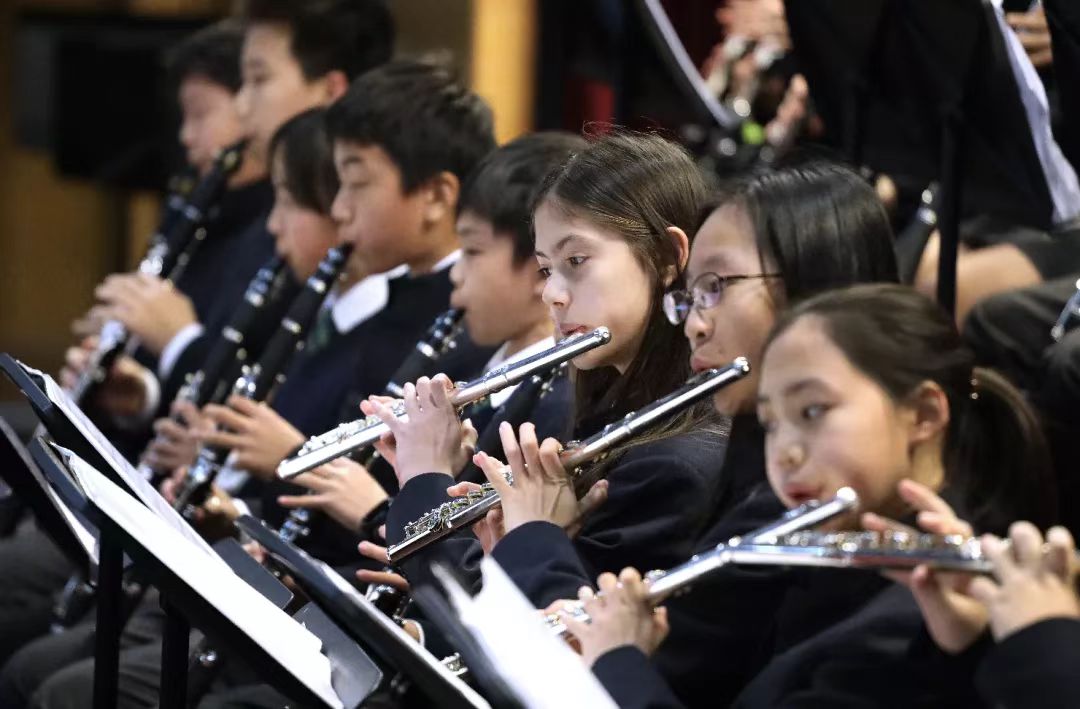
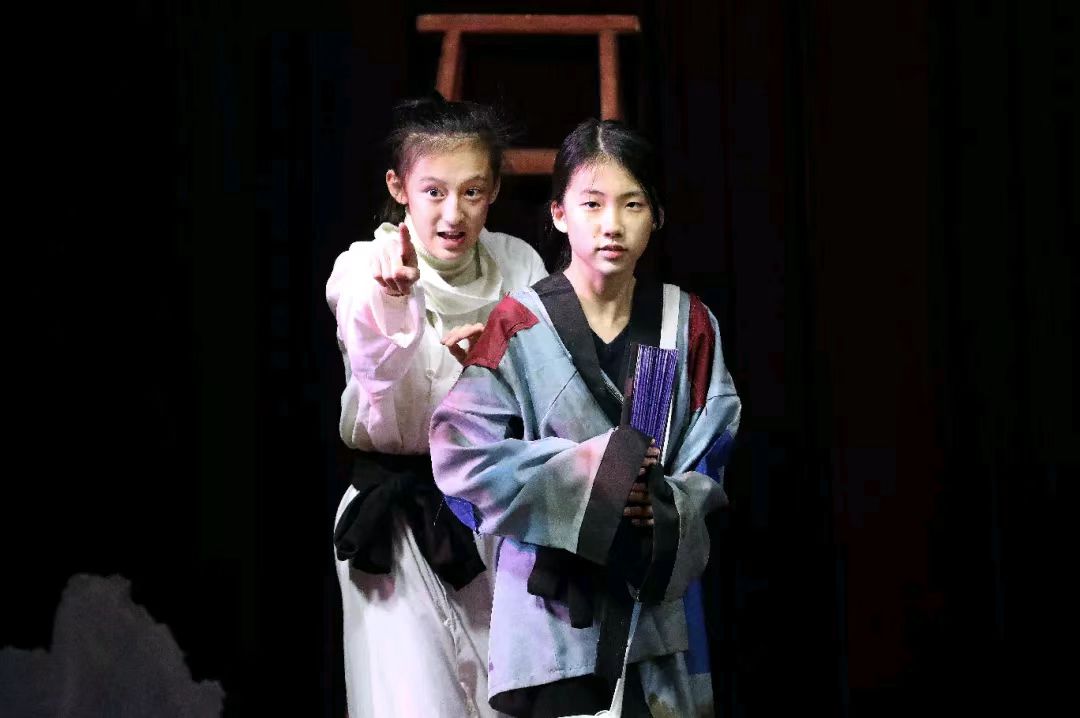
Teaching the class can be challenging, explains Mr. Yu, Pathway Chinese Science Teacher, as the students generally have a larger variation in their Chinese level and learning styles. However, as the programme allows students to have more one-on-one teacher support, language level is not an obstacle in their studies. It also provides new students a better chance to integrate more into the school, as the teachers can spend more time giving support to the child and communicate more about their learning with parents.
Matthew Jost, Pathway Humanities Teacher, says that though individualised learning and guidance are also a quality of the native Chinese speaker classes, the fact that the Pathway classes are smaller changes the dynamics of the classroom. Teachers can build a great rapport with the students and track their progress more closely. “For families looking for an opportunity for their child in bilingual Chinese school, but are concerned about their child’s Chinese language level, the Pathway Programme is an excellent option at one of China’s leading schools,” he says.
More than just a place for education and language learning, a holistic approach to education is embedded into the school’s identity through its philosophy of whole-person education. The school not only wants to produce students who are strong academically but also wants them to have a wide set of interests and skills. As such, Pathway students are active in all facets of Middle School life, such as theatre, music performance, and on the sports field.
Finding Balance
Originally from Hong Kong, Stephen came to Shanghai for work in 2005. Though the family is very familiar with the city, both of his children – Kamille (Y7) and Raphael (Y6) – had previously studied at an international school. Much like John’s family, a key factor in transferring to Pao School was greater exposure to Chinese culture and language, whilst still developing the skills needed to study and work internationally. In addition, the children’s previous school was much smaller, so the family were hoping that with the larger year groups they could build more diverse relationships.
“Both English and Chinese are very important in my opinion, so I want my children to have the capabilities for both,” says Stephen. In Pao School, the exposure to both languages is relatively balanced, especially in those younger years for foundational language development. In particular, for families aiming to send their children abroad for tertiary studies, the Middle School years are an important window for Chinese learning, as they will begin to focus on English learning in later years.
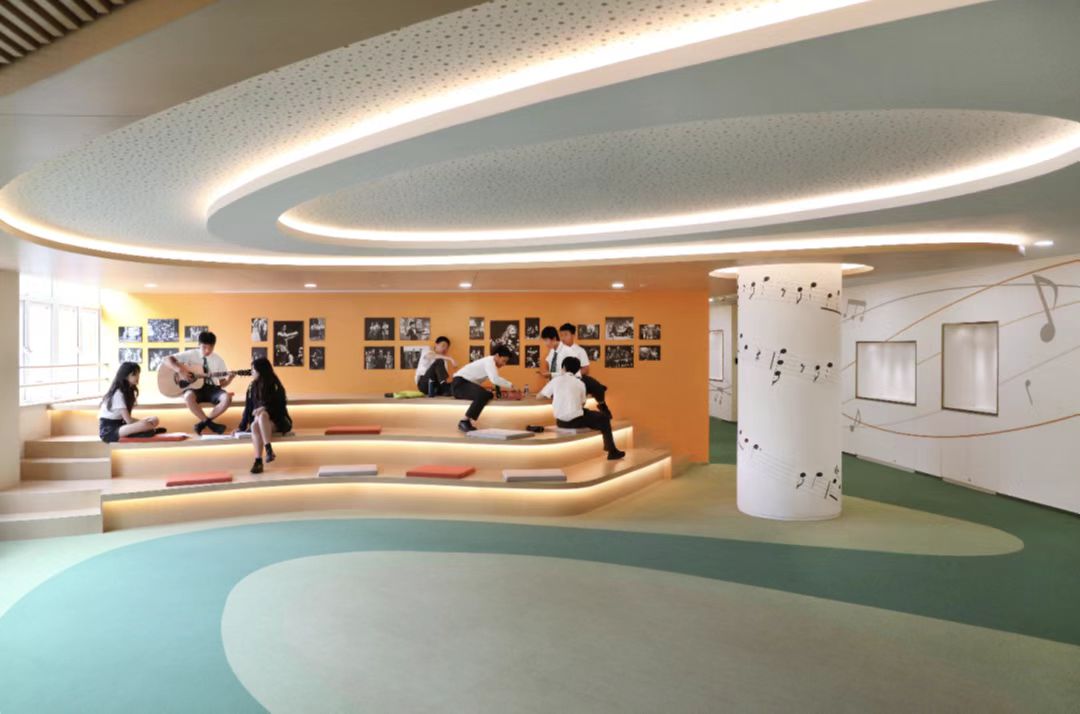
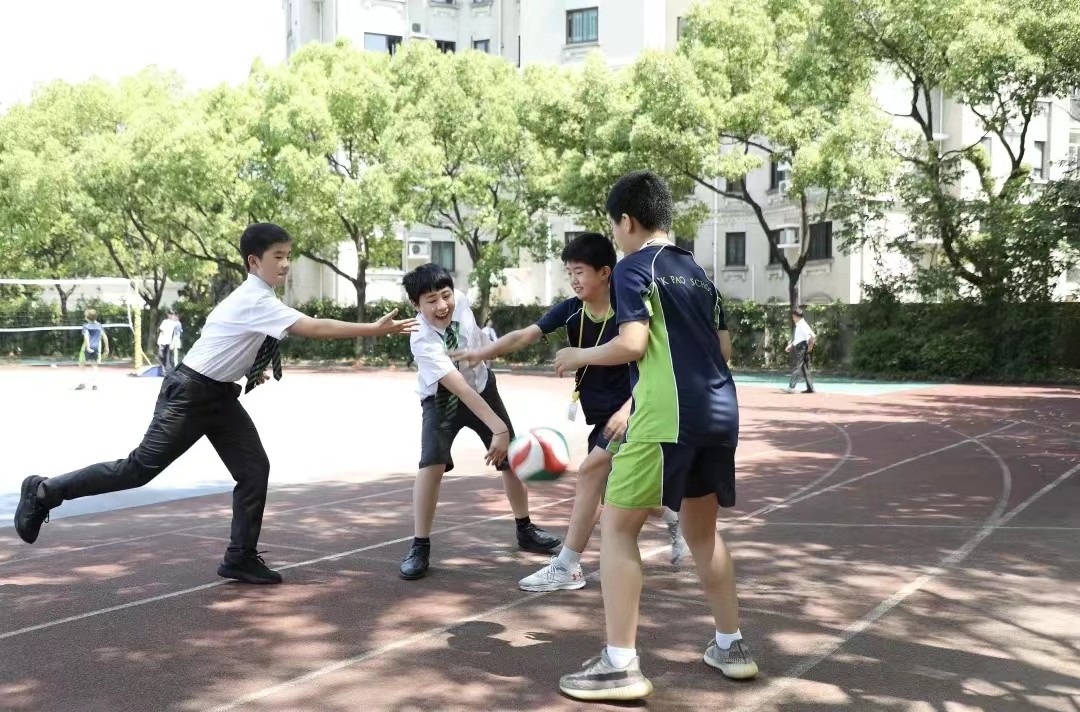
One particular challenge for both students has been that, though they both know Chinese, they now are using it as a language to study with. Though the content in their previous schools may have been similar, the classes were taught exclusively in English. Due to this, they have had to learn new terminologies, particularly for Chinese science and Chinese history, that they were previously not exposed to. However, Stephen feels that this challenge is very positive, as students learn about Chinese as more than just a language - they are developing the ability to work in it across many subjects.

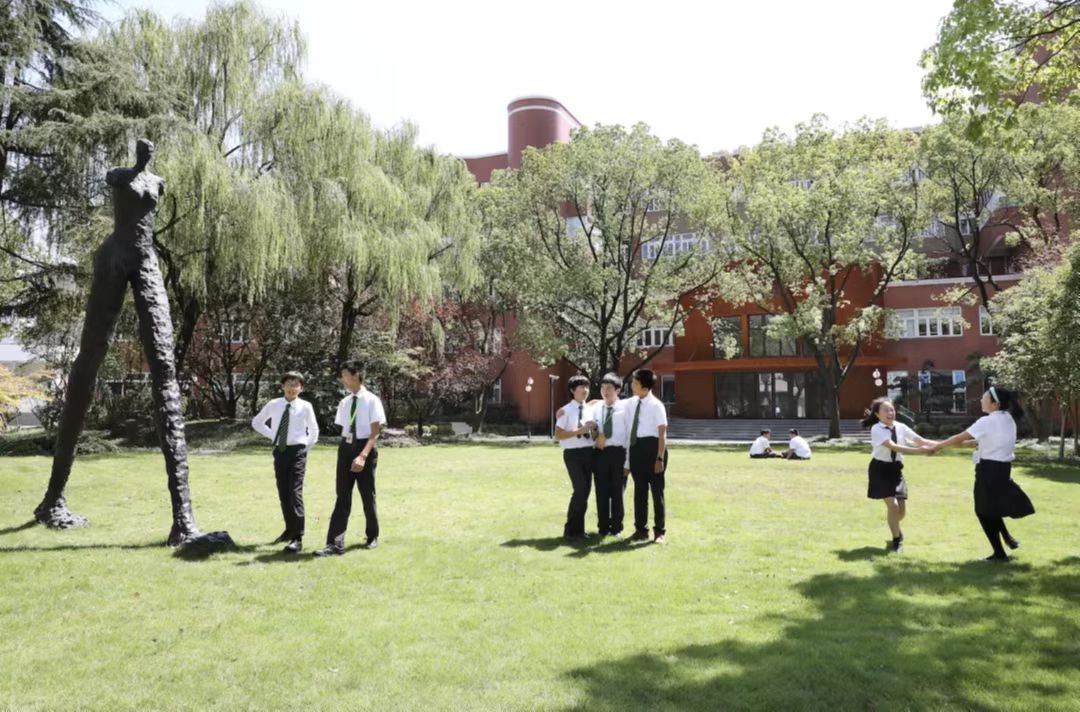
Though transferring schools can be difficult, Stephen says the wider community has been very supportive. Kamille has made a lot of new friends since joining, which was something the family had previously been concerned with. As a parent, Stephen has found that the parent community has also been very helpful, and he has been able to create a network with them. There has also been a lot of communication and motivation from the school leadership and teachers, “It has made us more confident, especially knowing that they care about students like her, changing from one school to another.”
The Pathway Programme has been such a powerful teaching experience and provides
teachers with more educational contact time with each student. Being able to watch
the Pathway students grow has been one of the highlights of my teaching career.
As a teacher, it is thrilling to have a direct impact on their personal growth in terms
of knowledge, skills, and understanding in the course.
—— Matthew Jost, Pathway Humanities Teacher
The Pathways Programme is just one aspect of life at Pao Middle School. If you would like to learn more about joining the Middle School, please contact us at: admissions@ykpaoschool.cn or get in contact with the Student Affairs Office by 021-61671999*8104.